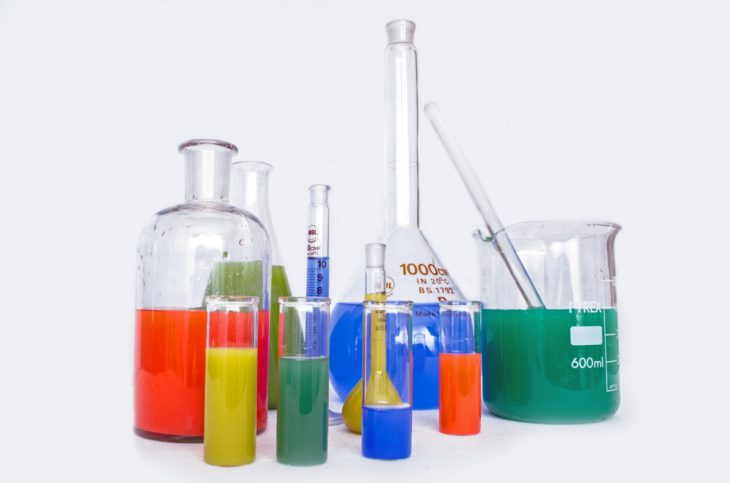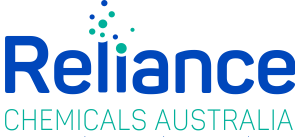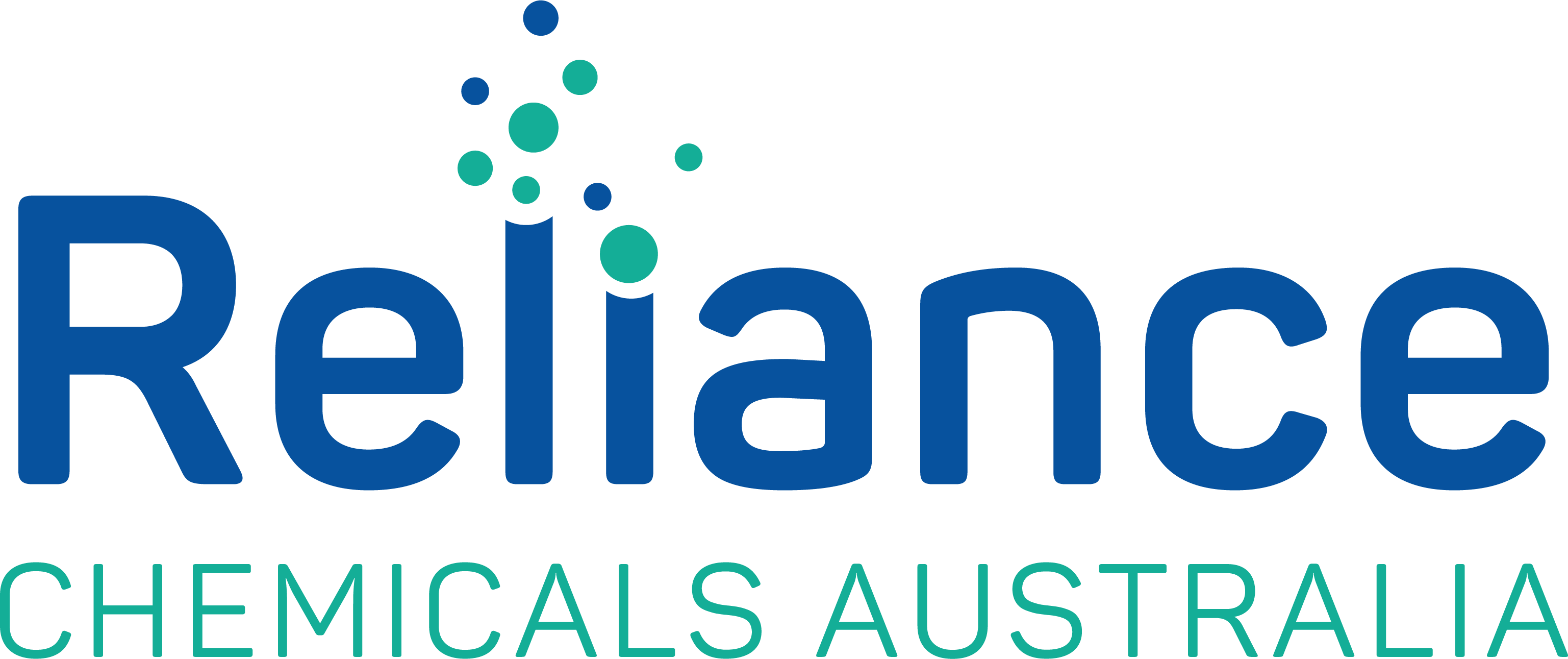
- by
- Industrial
Industrial Chemicals: Everything You Need to Know
Introduction
Whether you work in a factory or you’re simply reading the labels on your detergent, you must’ve come across industrial chemicals.
After all, these are in everyday items we use, such as perfumes, lubricants, and paint dyes. But what exactly are industrial chemicals? Are all of them toxic?
We’re here to answer all such doubts about industrial chemicals. So without further ado, let’s jump into the content as we answer all your queries.
What Are Industrial Chemicals?
Just as the name suggests, these are chemicals that are primarily produced for industrial processes. So they’re mainly used in factory manufacturing procedures.
Or, you’ll find them as an ingredient in your everyday household items. Thus we can say that it’s an umbrella term for various chemicals. So depending on it’s formulation, it can be hazardous to your health.
Now no matter what chemical we’re talking about, all industrial chemicals have some common properties. Let’s read a little bit more on them.
Common Properties of Industrial Chemicals
Although there’s no hard and fast rule, most industrial chemical have these certain properties.
1. Does not Break Down Easily
First of all, industrial chemicals do not corrode easily. That means once you use it, disposal must be done with utmost safety.
If irresponsibly dumped, it could have some serious negative impacts on our planet. Since it stays intact for years, it could poison wildlife plants or marine creatures.
2. Causes Contamination
Since it can be a toxic substance, it can also cause poisoning if you come in direct contact with it. Even if contact is avoided, it can cause soil contamination.
Also if dumped into landmines, it could penetrate the soil and cause groundwater contamination.
3. Can Accumulate within our bodies
By now you must already know that industrial chemicals are found in small quantities around us. From the household cleaner you use, to the makeup you apply, everything contains industrial chemicals.
Now when used in small quantities, it’s not life threatening. However, it collects in our fatty tissues over time.
Thus, even if the negative impact can’t be immediately identified, it causes long term damage.
Top 5 Industrial Chemicals Around Us
Now that we have a basic idea about what industrial chemicals are, let’s move forward. What’s next?
You may want to know how to identify industrial chemicals. This will help you become more conscious of what products you use, and how it can impact you.
Here are the top 5 common industrial chemicals that you can find around us.
1. Sulfuric Acid
Without a doubt, sulfuric acid is the most widely produced chemical available. If it seems familiar, you may have noticed it as a common ingredient in fertilizers.
It is also known as ammonium sulfate or even superphosphate. Now other than fertilizers, you can also find this common ingredient in detergents.
Also, sulfuric acid is used in making automobile batteries and paint dyes. You may also find it in some medicines.
2. Ethylene
Ethylene is another common industrial chemical that is widely used in making plastic. If it doesn’t ring a bell, it’s what polyethylene is made of. Almost 50% of ethylene manufactured goes behind the production of plastic.
Apart from that, it’s also used in making ethanol for industrial purposes. Don’t confuse it with alcohol made for consumption.
3. Nitrogen
Wondering how nitrogen came on this list? After all it’s found abundantly in the environment.
Well, nitrogen is also industrially produced, due to it’s high efficiency in preserving and freezing. You see, nitrogen works as a blanket which doesn’t allow oxygen to touch the surface.
You may find nitrogen used in cooling down concrete or freezing tires. Also, it’s used to control heat in reactors.
4. Chlorine
We’re all familiar with chlorine that’s used in treating water. Every time you enter the swimming pool, you’re greeted with the familiar smell of chlorine.
Chlorine is also widely used in water treatment plants in order to make water clean for using.
Apart from disinfecting water, chlorine is also used in many drugs, pesticides and home cleaners.
5. Propylene
Last but not the least, let’s talk about propylene. You may also know this as propene or methyl ethylene.
This chemical is commonly used in creating synthetic carpets or mats. Since it forms naturally during fermentation or derived from fossil fuels, it has many uses.
The most common of them being, fuel or/and making rubber. You can also find it used in brake fluids and some paints.
That was a crisp overview of the 5 most common industrial chemicals around us. Now before we go, let’s solve a final query of yours.
Are Industrial Chemicals Dangerous?
One common question that almost every person has, is whether industrial chemicals are all toxic.
From looking at the examples of industrial chemicals, we can see that it’s not the case. For instance, chlorine has little to no harmful effect on humans.
However, if you’re dealing with chemicals of any sort, then we obviously suggest you take all necessary safety measures.
If you mishandle industrial chemicals or overexpose yourself to them, you could face side effects.
Your symptoms could range from anything to mild rashes, dizziness and nausea to even cancer! Now wondering which is the most toxic industrial chemical? It’s lead.
Even a little amount of lead can cause serious illnesses in human beings. Shocking to imagine that centuries ago, it was a common ingredient in lipstick and kohl pencils!
So in short, dispose of all industrial chemical with proper precautions. That way, even if it’s toxic, it will not cause damage to anyone.
Bottom Line
With that, we come to the end of our post. We hope that you enjoyed reading our post and learned something new.
Most importantly, we hope that this article cleared your concept on what industrial chemicals are.
In case you still have questions on what industrial chemicals are, don’t forget to let us know in the comments below. We love receiving your feedback.
Until then, stay safe and happy!

